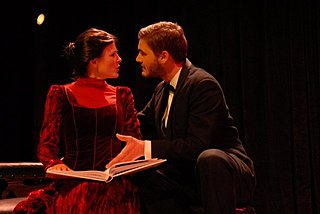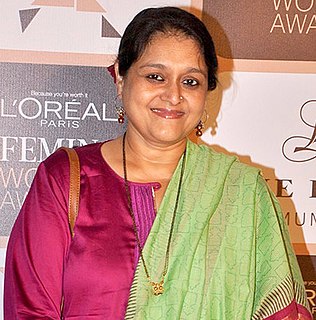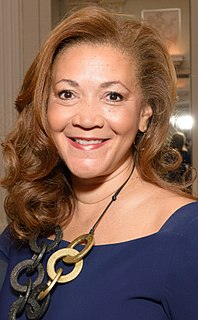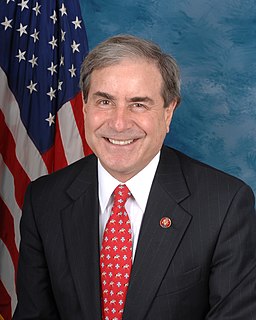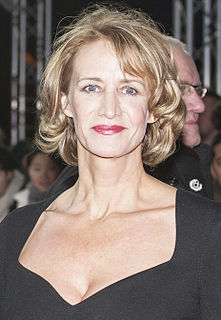A Quote by William T. Vollmann
Whereas if I want to create a prostitute character now from memories of different prostitutes and inventing stuff, I can say, "this could happen," "this is quite plausible." But I don't feel I know enough about border life to do the latter.
Related Quotes
You could imagine writing about a prostitute, for instance, but if you haven't spent time with prostitutes then you're going to get all these details wrong. But if you have a lot of sex with prostitutes and you're friends with prostitutes and you interview prostitutes, then maybe after many, many years you might be able to create prostitute characters.
Writing fiction lets you be a little more emotional and unguarded, a little freer. Writing fictional characters is also really different from writing about real people. In nonfiction, you can only say so much about the people you interact with. After all, they're actual people, their version of their story trumps yours. In a novel, you can build a character, using certain parts or impressions of someone you know, and guessing or inventing others, without having to worry that your guesses or memories or inventions are wrong.
People say it's not what happens in your life that matters, it's what you think happened. But this qualification, obviously, did not go far enough. It was quite possible that the central event of your life could be something that didn't happen, or something you thought didn't happen. Otherwise there'd be no need for fiction, there'd only be memoirs and histories.
If I could create a world where people lived forever, or at the very least a few billion years, I would do so. I don't think humanity will always be stuck in the awkward stage we now occupy, when we are smart enough to create enormous problems for ourselves, but not quite smart enough to solve them.
World War II vets in general didn't talk about their experiences. They believed there was something better and that they were going to prove to America what they could be and show America what it could be by being the change that they wanted. Like that Ghandi phrase "be the change that you want to see" but I think that it was also just a different culture. People didn't want to complain, whereas today if you go to the Starbucks and they mess up your order you might tweet about it. You know it's a different kind of culture.
It's not that people like sad movies that make us feel like, "Oh, my god, what a bummer." We like emotionally moving experiences, where you feel like a slightly different person and you see the world a little different, after you finish. It lets you see your own life, in a different way, and it actually makes you feel really good. And even though there might be sad content making this happen, the feeling that you're left with is one that is quite good, quite hopeful, clarifying and uplifting.
All I wanted was to say honestly to people: 'Have a look at yourselves and see how bad and dreary your lives are!' The important thing is that people should realize that, for when they do, they will most certainly create another and better life for themselves. I will not live to see it, but I know that it will be quite different, quite unlike our present life. And so long as this different life does not exist, I shall go on saying to people again and again: 'Please, understand that your life is bad and dreary!'
Everybody remembers numbers and computers remember numbers. People remember procedures and computers certainly remember procedures. But the other thing that's still important is that your perception as a human is affected subtly by all this stuff that you can't quite articulate. You run your life according to all this stuff that's happened to you. All of your memories affect everything you do whereas with a computer, there's adaptive software and things, but it's more literal.



